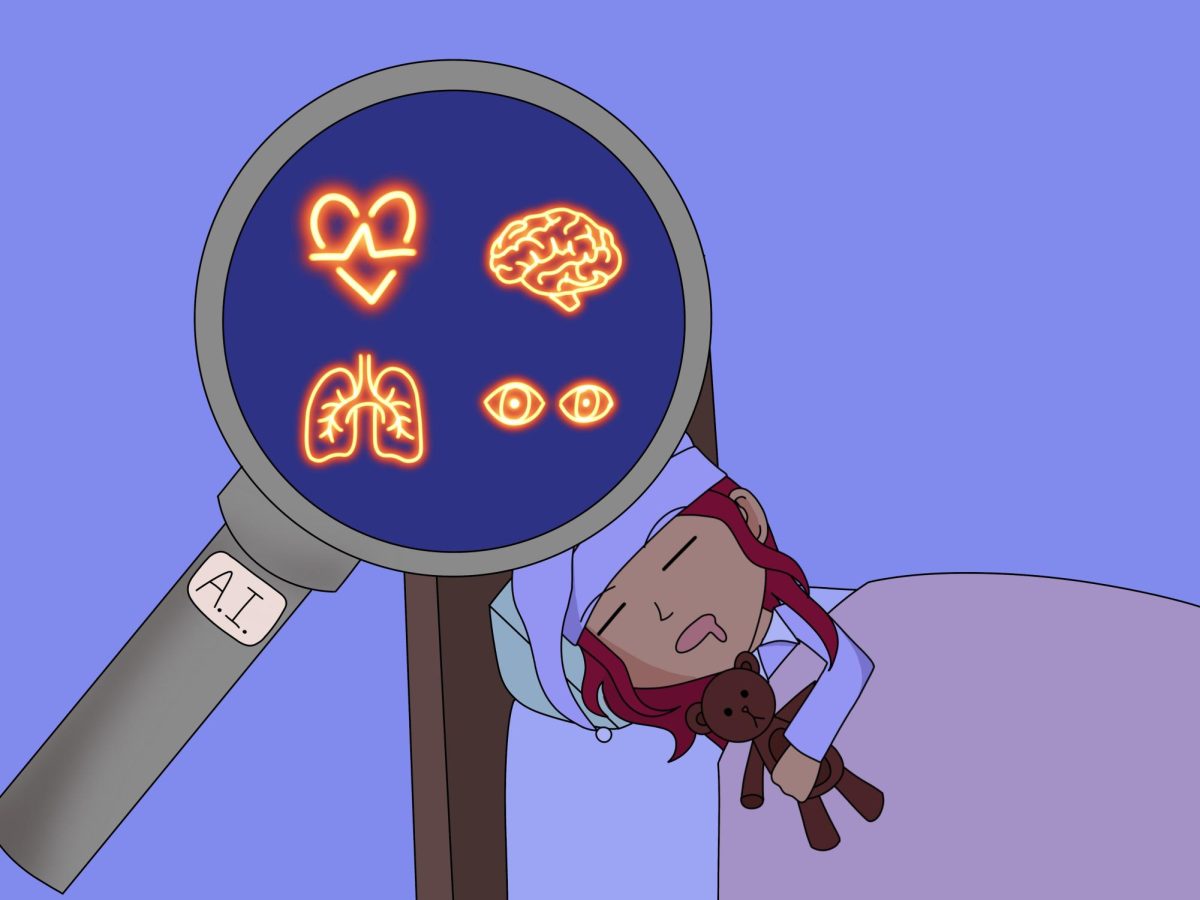Probiotics are helpful microorganisms that help the immune system.
The microbiome is the collection of all the microbes or microorganisms present in the body. Probiotics are primarily meant to outnumber harmful bacteria in areas like the stomach, and maintain a healthy microbiome. The main nutrient that probiotics consume is fiber, which is found in fish, vegetables, nuts and whole grains.
Researchers claim that different sources of fiber attract the helpful bacteria more than one source would. As health becomes a growing concern, more food products are promoting and including probiotics, such as commercial yogurt.
However, foods with probiotics can have adverse side effects.
According to an article by Quick and Dirty Tips, author and licensed nutritionist Monica Reinagel details how consumers have started raising questions on the real benefits and risks of consuming such food.
Common side effects of foods with probiotics are gas, diarrhea and rarely, skin itching or rashes.
Illnesses are a great concern for those who take food with probiotics and consumers with pancreatitis, celiac disease or colitis may experience intestinal problems. Infections inside the body could worsen while taking probiotics.
>
“Experts suggest that if you are going to take probiotics, it is important to locate the research behind it and see if it will have the desired results.”
A study conducted by the MD Cancer Center in Houston and the Parker Institute for Cancer Immunotherapy in San Francisco stated that cancer patients who consume probiotic foods are less likely to be affected by their treatments.
The study centered around a small group of 46 melanoma patients. The results showed that 70% of the patients were negatively affected by the probiotics, as their bodies would not react to cancer immunotherapy.
Cancer immunotherapy is a form of cancer therapy where parts of the immune system are used or manipulated to improve the immune system’s ability to combat the disease. Some consumers have started to make their own fermented foods at home with even greater risks. Medical experts state that it is hard to tell what type of bacteria is growing in the fermented food. It could have the probiotics that consumers are seeking, but it could also contain pathogenic, disease-causing bacteria.
Experts suggest that if you are going to take probiotics, it is important to locate the research behind it and see if it will have the desired results. As researchers continue to question and test for possible effects from probiotics, nutritionists continue to advocate for a fiber-rich diet with whole grains, vegetables and fish.







